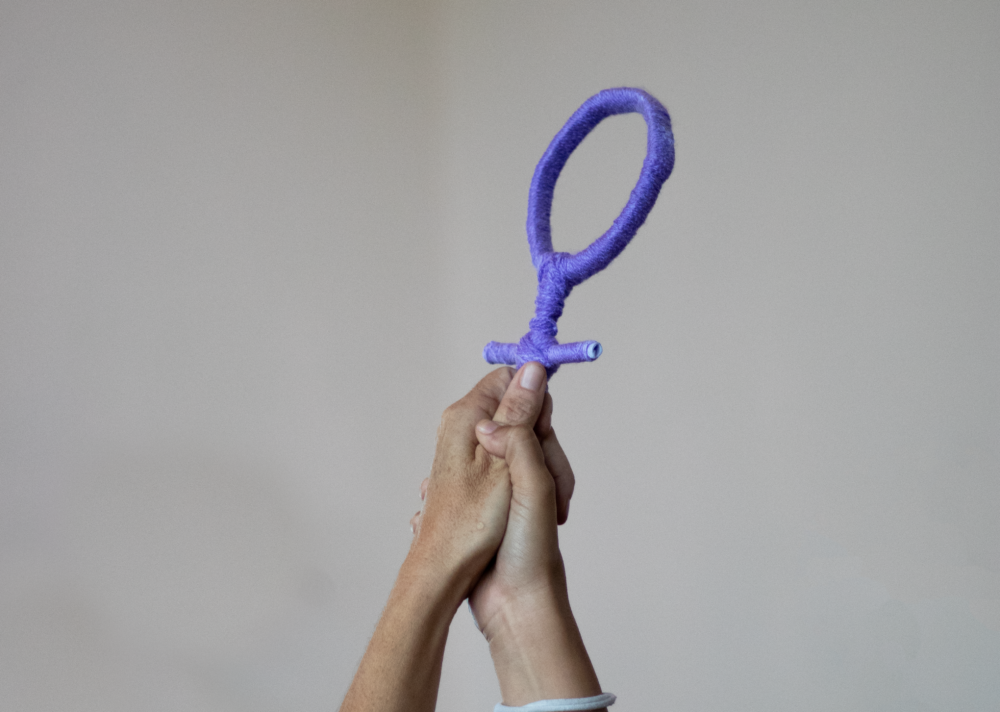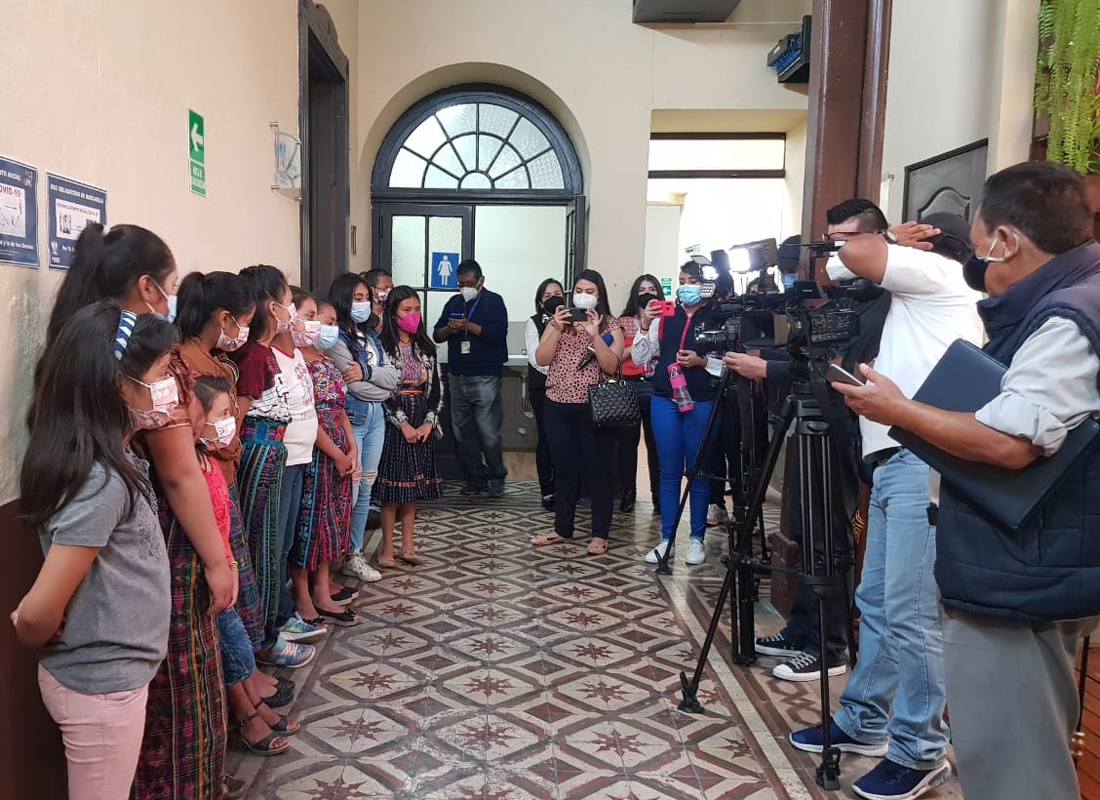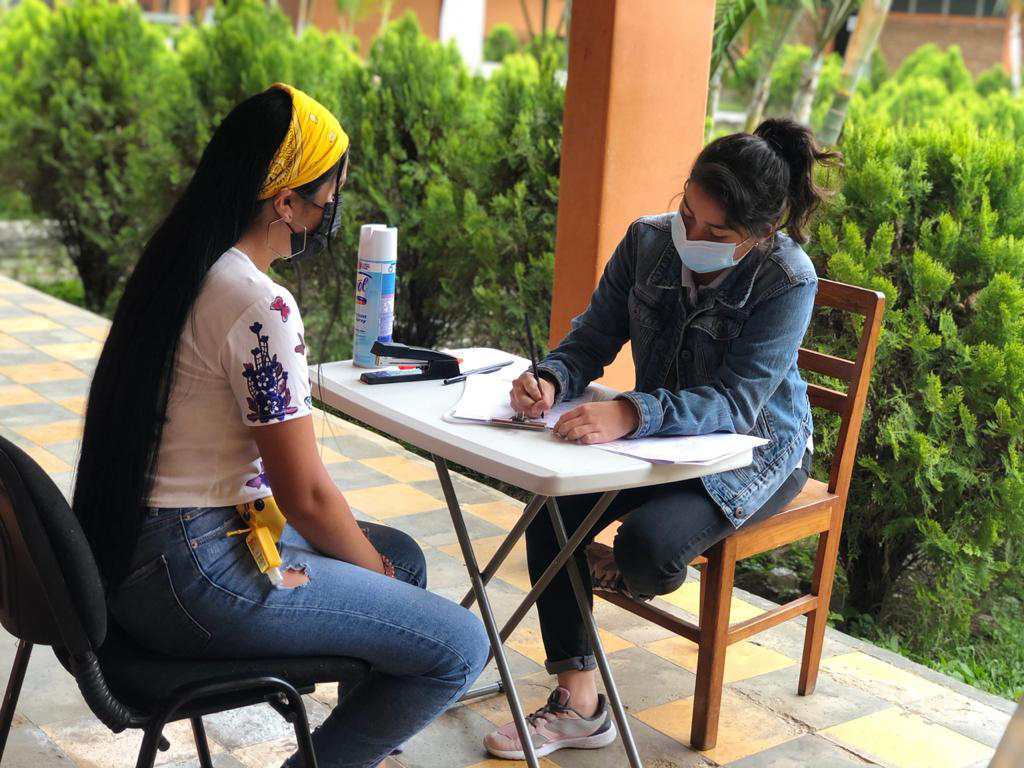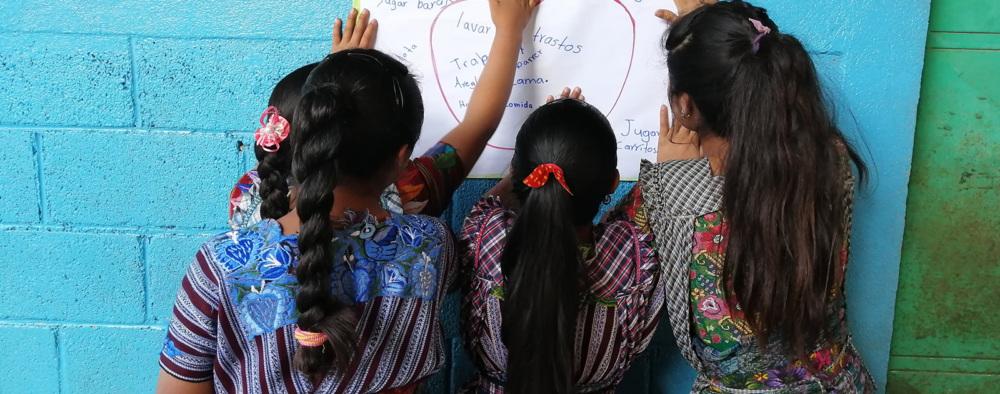
Gender justice, Safety and wellbeing
Education, Gender justice
Before 2020, no one on the GFC team could have fathomed designing and conducting an entirely virtual comprehensive yearlong learning review of an initiative spanning 17 partners in three countries in Central America. Yet that is exactly what the Americas team, along with the Learning and Evaluation team, did! Intentionally participatory in nature, the learning review included partners’ input in the review’s design, implementation, and analysis. Collaboration, creativity, thoughtfulness, and flexibility made this a largely enjoyable and valuable learning opportunity.
Through the Empowering Adolescent Girls (ENA) initiative, supported by Dubai Cares, GFC works with 17 community-based organizations to promote gender equity and advance the rights and opportunities of adolescent girls in Central America. The initiative, funded from June 2018 to May 2022, responds to a scarcity of programming meeting the needs of adolescent girls as they confront numerous challenges in Central America, including gender-based violence, lack of access to education, lack of access to sexual and reproductive healthcare and information, and early pregnancy.
Aiming to learn about the impact, effectiveness, and sustainability of the initiative, the learning review which lasted from the fall of 2020, when it was conceptualized, to the fall of 2021, when the final report was completed explored four central questions around partner experiences of the first three years of the initiative. It also looked at the initiative’s direct impact on the organizational and programming capacities of partner organizations, and its indirect impact on the adolescent girls and communities the partners serve.
[image_caption caption=”With support from ENA initiative partner Coincidir, girls from Chimaltenango traveled to Guatemala City to meet with the Guatemalan Congress’s Education, Science, and Technology Commission. © Coincidir” float=””]

[/image_caption]
GFC used a mixed-methods approach to collect data for the learning review, including Outcome Harvesting, Key Informant Interviews, and a Theory of Change workshop. The team also analyzed quantitative and qualitative data from partner reports and other documents collected over the first three years of the project. Additionally, with support from GFC, ten partners completed Participatory Action Research projects and conducted case studies exploring the impact of their programming on adolescent girls and their communities.
Co-creating this learning review with partners was an essential part of the process, and it truly represents GFC’s commitment to making sure that partners are involved in all facets of the relationship. Our Learning and Evaluation team believes that traditional evaluation approaches are often prescriptive and extractive; that is why the partner-led learning review projects were especially important. In addition, throughout this process, GFC was on the lookout for capacity development opportunities that the learning review could present for partners. Various aspects of the learning review became optional learning opportunities for partners – for instance, a qualitative analysis workshop and trainings on Participatory Action Research projects and case studies equipped partners with additional tools to listen to their communities and examine the impact they are having.
Realizing the vast difference between being involved in an activity and being able to use it with one’s own group of constituents, GFC was intentional about giving partners the opportunity to learn new ways of approaching learning and evaluation. After conducting an Outcome Harvesting workshop with partners to understand their experience with the initiative, the learning review consultant shared with partners her approaches to setting up an Outcome Harvesting workshop, carrying it out with a group, and analyzing the results. This mini-training prepared partners to conduct their own Outcome Harvesting workshops and analyze the information they collect.
[image_caption caption=”Ciane, a representative from ENA initiative partner Artemisa in Honduras (right), interviews a potential applicant to Artemisa’s digital classroom. © Artemisa” float=””]

[/image_caption]
Based on the available data, the learning review found that the ENA initiative is meaningfully addressing and advancing its established objectives. Partners are using GFC’s financial and nonfinancial support to build their organizational and technical capacities and to expand and strengthen their programs. Partners reported observing many changes in the lives of the adolescent girls they worked with, such as significant increases in the girls’ sense of empowerment, leadership, solidarity, and collective action.
In terms of the ENA initiative’s contribution, partners overwhelmingly expressed their appreciation for GFC’s trust-based approach to relationship building and grantmaking. Additionally, GFC’s flexible funding approach allowed partners to build the capacities that they needed most and to dedicate more of their time to meaningful programming. Partners also made good use of the connections that were available to them through ENA, collaborating on projects and sharing information with other organizations both within and outside of the initiative. Finally, partners greatly valued the variety of types of support provided through the initiative, from organizational capacity assessments to emergency and organizational development grants.
Learning reviews like this one guide GFC in developing and nurturing partner relationships and in designing initiatives that more effectively support partner organizations to positively change the lives of young people around the world. The process also instilled in GFC the desire to continue making the design and review of such initiatives inclusive and participatory.
[column size=”col-1-2″]
[/column]
[column size=”col-2-2″]
[/column]
Header photo: As part of a program run by ENA initiative partner Women’s Justice Initiative in Guatemala, girls work together to explore what society expects them to do and not do. © GFC
